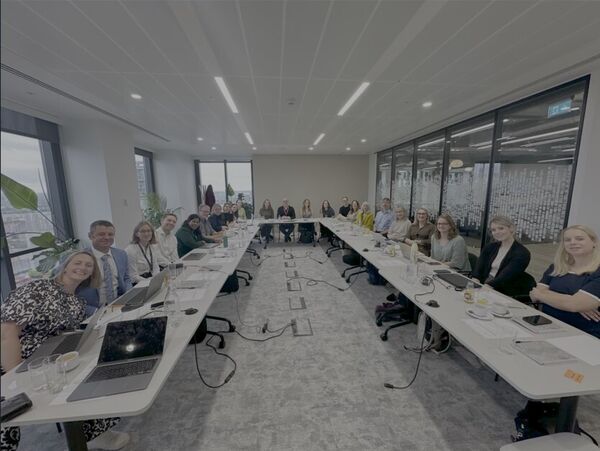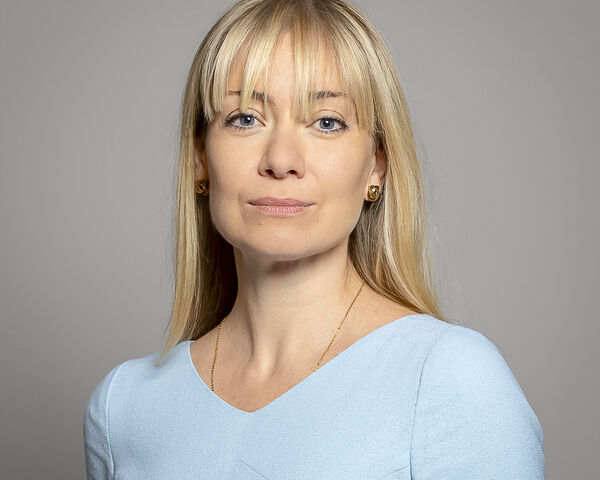Greater collaboration and patient involvement needed to maximise genomics’ impact for rare and less common cancers

Genomics England and Cancer52 have collaborated throughout the year culminating in a recent roundtable with Cancer52’s charity members on genomics and rare and less common cancers. Cancer52 is the voice for rare and less common cancer charities in the UK with over 115 members, predominantly small patient groups.
A survey of Cancer52 members and the patients they represent showed there is a low level of awareness of whole genomics sequencing (WGS) and potential benefits for patients with rare and less common cancers, and many want to know more. The roundtable raised the pressing need for collaboration between organisations, patient involvement, and awareness in genomics research and testing, particularly for rare and less common cancers.
The event explored opportunities of how WGS data can be used to maximise the impact of genomics so that patients with these cancers may benefit from early detection, accessing best treatments, and contributing to research for improved future treatment options.
Leveraging genomic advances
The importance of maximising the impact of genomics and unlocking opportunities for patients has arguably never been greater, with the considerable advances in genomics and its capabilities in recent years. This was evidenced by a presentation on Genomics England’s Cancer 2.0 programme and includes a project exploring the potential of a new technique to sequence long strands of individual DNA, known as long read sequencing, which could enable scientists to read much longer fragments of DNA than older sequencing methods. The technology could be significant for patients in giving insight into cancer that older technologies cannot and may reveal more accurate diagnoses and treatment.
Discussion also focused on the role genomic data can play alongside multi-modal data to inform on various areas of clinical practice, such as screening and early detection capabilities, better patient-matching for clinical trials and better treatment decisions. For opportunities in this space to be realised and patient outcomes optimised, there was broad agreement that there must be close cooperation across research and clinical spaces.
Identifying key challenges
As part of the roundtable, Cancer52 interim CEO Sasha Daly, Dr Nicky Huskens CEO at Tessa Jowell Brain Cancer Mission and Dr Sorrel Bickley, Director of Research, Policy and Support at Sarcoma UK , shared their knowledge, expertise, and patients’ voices.
Several key challenges were shared across rare and less common cancers, the most urgent ones identified as inequalities in access to genomic care and research including by ethnicity and by geography.
Dr Huskens shared insights and recommendations from the Mission's Equity in Genomics report, as well as the positive steps they’ve made as a community towards increasing such genomic opportunities. The report has already resulted in ongoing efforts to improve trials and training for clinicians to support genomic testing for brain tumours.
The importance of collaboration
A key theme of the day was that success stories using genomics and WGS, as well as patient advocacy and engagement, are critical for advancing awareness.
Among the chief calls to action was a need for continued and greater collaboration as well as patient involvement in research. This collaboration is needed to address the gaps in genomic testing and data access, particularly around the value of integrating patient stories and experiences into research efforts, while also pushing for greater communication and data sharing between research and clinical settings. It was also clear that strategies for increased patient engagement and continued advocacy for genomics in cancer care with patient organisations, funders and many other cancer bodies is essential to make this happen.
The event and collaboration between Cancer52, its member charities and Genomics England highlighted invaluable learnings about rare and less common cancer communities and the specific challenges and opportunities they see for their patient groups, alongside what genomics can offer now and in the future.


